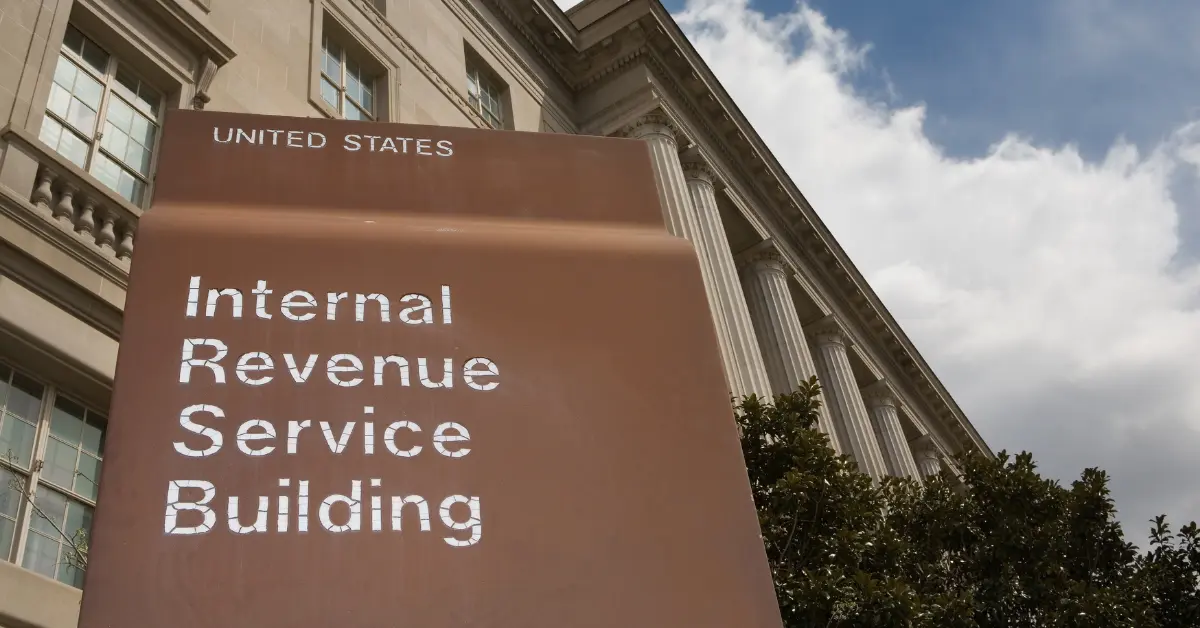US tax laws are complicated enough. Throw international tax law into the mix and it’s double the confusion. Fear of unknown tax implications keep thousands of otherwise upstanding and law-abiding American taxpayers from owning up to the IRS about their foreign income and assets. If you fall into that group, rest assured–the IRS will eventually figure out you’ve got all these unclaimed assets, and when that happens, you are in the crosshairs.
Fortunately, the IRS does have programs in place to help non-compliant taxpayers get right with the government. Consult an experienced offshore tax attorney before you try to solve your international tax issues on your own—it’s worth every penny you’ll pay for their advice.
Historically, there have been two avenues open for non-compliant taxpayers to straighten out their foreign tax obligations, the Offshore Voluntary Disclosure Program (OVDP), and Streamlined Filing Compliance Procedures (SFCP). The IRS shut down the OVDP in September 2018, but expanded the traditional voluntary disclosure program. For our purposes, we continue to refer to the program as OVDP


What is IRS Streamlined Compliance?
Comparing OVDP to Streamlined compliance is not an apples-to-apples analogy. Before your tax attorney can determine the best route to bring you into compliance, there are two questions to answer.
There is usually unreported income, typically in interest form, that triggers the IRS interest. If you don’t have any income, just assets, you can submit FBARs under the appropriate IRS program to clean up the paperwork. Otherwise, you’ll have to becomes compliant under one program or the other.
The determining factor seems to be this: was the failure to disclose offshore income and assets willful—did you intentionally set out to neglect to mention your foreign accounts and investments, or was it an oversight borne out of ignorance?
The view from 30,000 feet is that when you choose the OVDP route, you’re basically admitting your negligence was willful. In light of that, you’ll pay a higher penalty but are shielded from any criminal prosecution. The Streamlined procedure indicates ignorant innocence and carries lower penalties, but does leave you open to criminal and civil exposure should the IRS determine your behavior was willful.
From a paperwork perspective, the Streamlined procedure is just that—requiring three years of amended returns. OVDP requires going eight years back for compliance.

How Can I Qualify for an OVDP Streamlined Solution?
There are three benchmarks of a successful application—truth, timeliness, and totality.
You must be willing to come clean with the IRS, which includes making a good faith arrangement to fully pay the taxes, penalties, and interest due.
A timely disclosure is one that you file before the IRS initiates a civil or criminal proceeding against you, has received asset information from a foreign third party regarding potential non-compliance.
If you do business with any institution on the IRS Foreign Financial Institutions or Facilitator’s List, the assumption is that you are non-compliant by default and a voluntary disclosure is off the table.
Disclosing all your foreign assets is an absolute necessity to a positive outcome; otherwise you fall short in the honesty category and it’s open season on all of your assets.

IRS Streamlined Filing Compliance Procedures
The first step is to file Form 14457, Voluntary Disclosure Practice Preclearance Request and Application, and request preclearance. This determines your eligibility but does not automatically guarantee preliminary acceptance into OVDP.
Once you’ve been cleared to proceed, you’ll submit Part II of Form 14457 within 45 days or file a written request for additional time. These requests are reviewed on a case basis and you are only permitted one. Criminal Investigations (CI) reviews your applications and determines your eligibility to participate in Voluntary Disclosure. If you’re accepted, you’ll be notified with a Preliminary Acceptance letter and assigned an examiner in the civil section of the IRS. The examiner will be your point of contact going forward.
Once an agreement is reached, the IRS will provide you with Form 906, a formal Closing Agreement that both parties sign to indicate the matter is closed—assuming you comply with the terms.

Filing a Streamlined OVDP Application
So for most taxpayers, the fundamental question is this: how does the IRS know if my non-compliance was willful? The determining factor is usually residency—are you a US citizen or permanent resident who resided outside the US for more than 330 days during the three most recent tax years? In other words, is your permanent residence in a foreign country? If so, then you probably will qualify for the SFCP program.
The requirements for approval under SFCP are the same as the OVDP program—truth, timeliness, and totality. Further, you must certify that the non-compliance was an oversight and not willful, and file any late FBARs for the six most recent tax years.

Opting out of the OVDP
For a variety of reasons, there may be advantages to taxpayers in opting out of the OVDP. Generally, such individuals decide to opt out after the IRS proposed a miscellaneous offshore penalty for the individual case. While the OVDP may place cap on penalties, the miscellaneous offshore penalty is still noteworthy. The current 27.5 percent or 50 percent penalty may be applied depending upon the individual circumstances. Sometimes, taxpayers decide to opt out after coming in full compliance with offshore reporting requirements. This means taxpayers already paid their taxes, interests and any assessed penalties.
Opting out is irrevocable. However, do understand the opt-out election is irrevocable. Also, opting out could result in a taxpayer facing civil fraud or information return penalties. This could also trigger a criminal prosecution. For those opting out in the past, it could mean delays. In 2009, it typically took 590 days to close one’s case after opting out. That’s why one should carefully consider their options.
For those unaccustomed to dealing with the IRS, it is difficult to determine the advantages and disadvantages the OVDP and other offshore programs possess. Taxpayers sometimes require the strong guidance and possible representation that experienced tax lawyers can provide. Understanding the right option can save one time and expense. It could also prevent continued dealings with the IRS.

Tax Penalties for Non-Compliance of OVDP Streamlined Procedures
Yes, the penalties for non-compliance regarding foreign investments and accounts are severe, there is no way to sugarcoat that one. The alternatives are more unpleasant, particularly if the IRS initiates criminal proceedings against you.
OVDP penalties are either 27.5% or 50% of the asset maximum balance during the compliance period—the 50% hit is when you have money in a “bad” bank. There’s also a 20% penalty tagged onto each year’s tax liability, along with accrued interest and possible failure to file and failure to pay penalties.
Streamlined penalties are a little more complicated. Here is the IRS guideline.
The Title 26 miscellaneous offshore penalty is equal to 5 percent of the highest aggregate balance/value of the taxpayer’s foreign financial assets that are subject to the miscellaneous offshore penalty during the years in the covered tax return period and the covered FBAR period.
Title 26 Miscellaneous Offshore Penalty

Get Help Reporting Offshore Assets
The US has a global tax system – US taxpayers are required to report any income or assets they own anywhere in the world. Foreign countries who are part of the Common Reporting Standard (CRS) all report your financial doings back to the IRS (and vice versa); those that don’t are generally developing countries (some from the old Soviet Union, Vietnam, Cambodia, Armenia, Guatemala) where you would not typically open bank accounts.
Navigating the world of foreign investment and taxes is not for the novice, and not for the seasonal tax “professional”. If you are non-compliant with offshore accounts, you need serious advice from an offshore tax attorney who knows the ropes of dealing with the IRS.








